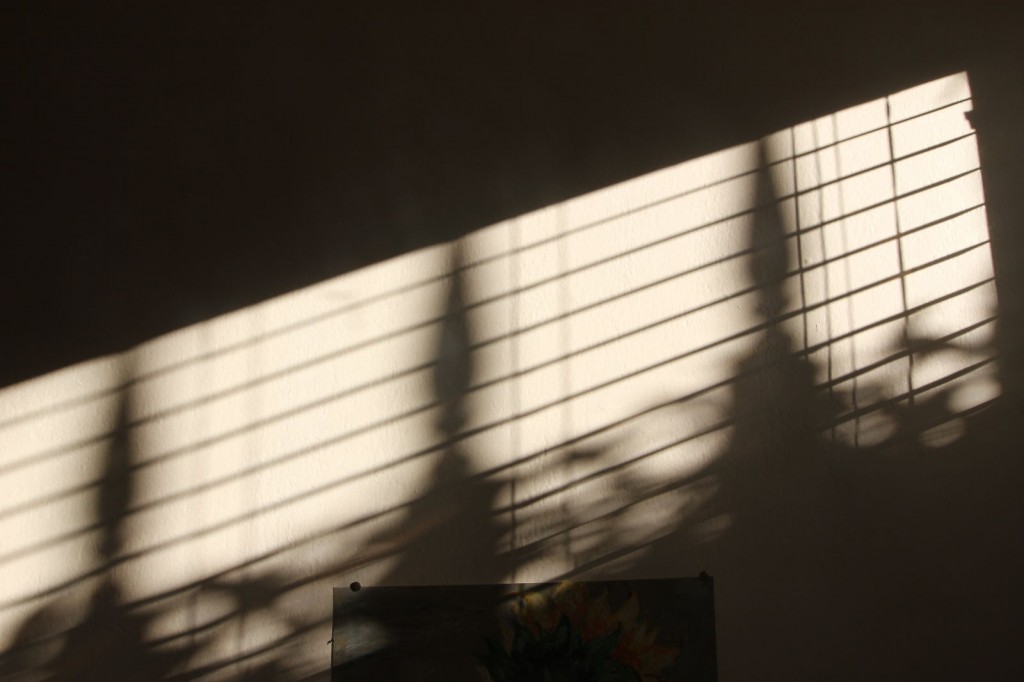Quoting category archive
Homemade Schedules 4
“I have been looking into schedules. Even when we read physics, we inquire of each least particle, What then shall I do this morning? How we spend our days is, of course, how we spend our lives. What we do with this hour, and that one, is what we are doing. A schedule defends chaos and whim. It is a net for catching days. It is a scaffolding on which a worker can stand and labor with both hands at sections of time. A schedule is a mock-up of reason and order – willed, faked, and so brought into being; it is a peace and a haven set into the wreck of time; it is a lifeboat on which you find yourself, decades later, still living. Each day is the same, so you remember the series afterward as a blurred and powerful pattern.” Annie Dillard in The Writing Life
I had read part of this quote from Annie Dillard many times, and love the blog inspired by it. But I had never read it in context until this summer, and ever since, this quote has stayed with me. (Actually, I’ve thought of blogging about it no less than 10 different times!)
Have you ever lived without a schedule, besides on vacation? Lots of people – parents of young children at home, writers, freelancers, graduate students – make their own schedules. I never imagined how hard it could be until I was working on my thesis research in Barcelona, and had days, weeks, months that were entirely wide open. Then when I got back, I’ve had stretches of time as wide as Montana skies that have no set agenda except “make progress on the thesis”. It surprises me that making and keeping a schedule for myself is one of the hardest things I’ve done, and I think Annie Dillard’s quote captures the reason why.
When schedules are all we know, the idea of being without a schedule sounds great. Yay! Vacation! I can do anything I want with my days! But it turns out the “chaos and whim” a schedule defends against can quickly meld into self-doubt, apathy, depression, or a daily routine of overthinking things. A day with nothing on the agenda becomes long, shapeless as a heap of laundry that needs folding.
This fall I started working on my thesis in the neighborhood library a couple days a week, and going to prenatal yoga twice a week. And a funny thing has happened – with just a couple spots of shape to the week, each day is less amorphous. When I had day upon day at home, I got up in the morning with the burden of planning the day, and before I’d fully woken up already felt the weight of the “shoulds” pressing me down. With a schedule, there are known parts to my days, and it becomes easier to start melding the pieces of wide open time into something less chaotic. Really, it just takes a few things to build a scaffolding for the days, to be able to “stand and labor with both hands at sections of time”, rather than grasp at the days as they slip away.
It seems so simple, doesn’t it? Why isn’t it then? Why is creating our own routine so hard?
Tackling “Perpetual Uncertainty” 1
“One of the gifts of being a writer is that it gives you an excuse to do things, to go places and explore. Another is that writing motivates you to look closely at life, at life as it lurches by and tramps around.” (Anne Lamott, Bird by Bird: Some Instructions on Writing and Life, p.xii).
This is true of research too, when the research is about life and meaning and our social world, as mine is. It’s the wonderful thing about my work, what makes me come back and keep working on my dissertation and imagining that I can dedicate myself to this work. While I was doing fieldwork last year in Barcelona, there were days where the writing and ideas and deeper meaning of what I was seeing were all coming together and flowing like swollen rivers in spring.
Yet it’s also true that writing in academia can be as uncertainty-provoking as any other kind of writing. You obsess and try to start and worry over whether your ideas are worth anything. You write ten different versions of the same first paragraph. You try and fail to institute a morning writing routine, and then you try again. You do other kinds of writing, hoping it will spark new ideas and ways to connect the academic work to questions and struggles people have in their real lives.
I’m in the midst of fall fellowship applications for my dissertation year, trying to get started on yet another iteration of a personal statement, selling who I am and what I do for far-away committees of people to evaluate. Maybe because of all the uncertainty of this process, this poem Anne Lamott quotes in Bird by Bird also resonated with me and made me laugh at the obsessions of the writing process (just substitute advisers for friends and approval for affection!):
We who are
your closest friends
feel the time
has come to tell you
that every Thursday
we have been meeting
as a group,
to devise ways
to keep you
in perpetual uncertainty
frustration
discontent and
torture
by neither loving you
as much as you want
nor cutting you adrift.
Your analyst is in on it
plus your boyfriend
and your ex-husband;
and we have pledged
to disappoint you
as long as you need us.
In announcing our
association
we realize we have
placed in your hands
a possible antidote
against uncertainty
indeed against ourselves.
But since our Thursday nights
have brought us
to a community
of purpose
rare in itself
with you as
the natural center,
we feel hopeful you
will continue to make unreasonable
demands for affection
if not as a consequence
of your disastrous personality
then for the good of the collective.
(by Phillip Lopate,
Quoted in Anne Lamott’s Bird by Bird, pp.11-12.)



